#WomenDisruptors: Be the wise fool of tough love: Nilima Bhat
We, at Adgully, have always saluted and honoured women managers and leaders across diverse fields. ‘Women Disruptors’ is Adgully’s special initiative to bring to the fore some remarkable women achievers in M&E, Advertising, Marketing, Communications industries, how they think, how they manage things, how they lead from the front and much more.
Nilima Bhat is an Author, Speaker, Founder of The Shakti Fellowship, and Director of Roots & Wings Consulting. She is an expert in the fields of Personal Mastery, Leadership, Gender Equality and Wellbeing.
A corporate executive and entrepreneur, yoga teacher and trained dancer, leadership coach and trainer, Bhat’s pioneering body of work is encompassed in her two books – ‘Shakti Leadership’ and ‘My Cancer Is Me’. Together, they outline holistic and integrated approaches to Leadership and Resilience.
Bhat is currently focused on building The Shakti Fellowship, a global 9-month advanced leadership & entrepreneurship programme for women, jointly certified with the University of San Diego; with a vision to train 100,000 Shakti Leaders as change-makers by 2030.
How do you inspire and motivate your employees as a leader of an organisation?
By being absolutely authentic about my own thoughts, feelings and vulnerabilities. So, when I show up in my real way and am responsible about my own strengths and stressors and not pretend that I am perfect, I have noticed that people take you as a real person, they feel they can trust you and work with you. Thus, authenticity and integrity are the key.
To be a winning leader, you have to cultivate this resilience of presence. If you know who you are, have expertise in a particular area, and are able to express that with a quiet confidence, then people will look upto you. So, there is a natural hierarchy established, rather than a ‘postured’ one.
As a leader, how you handle your team needs to come from understanding human psychology as there is no fixed path to it. One needs to be flexible, too, what I like to call – being ‘the wise fool of tough love’. There are times you need to draw on your wisdom and ethics to address a situation, and sometimes you just have to lighten up and play along with a sense of curiosity and wonder. Sometimes you need to be tough and call out the unacceptable. Then again, sometimes you need to be compassionate and put yourself in the other person’s shoes. Thus, at the core we have only what Jungians call, the four-fold Self – the wise-parent self, the fool-child self, the tough-masculine self, and the love-feminine self. By cultivating these four leadership styles and adopting the right style as per the situation, we can bring in the flexibility.
Whom would you consider to be a great leader to follow, and why?
There are several global leaders, who are not necessarily business leaders. One woman leader whom I look up to is Michelle Obama. The way she carried on in her role as the First Lady of the Unites States with the right amount of gravitas and humility, she had the poise of a Shakti leader. Even after leaving the White House, Michelle has continued to command respect wherever she goes. She has not left her femininity, she did not become a man in women’s clothes. While it’s difficult to say in terms of business, but Michelle is an aspirational Shakti leader.
A leader should come from not just high strategic thinking, but also have a compassionate heart. Such as, Casey Sheahan, former CEO of Patagonia, who even during the tough times of a major recession, refused to lay off his staff. Instead, he suggested working part time and not full time, so that not everyone had to get sacked.
Despite having every reason to create an enemy out of China, the Dalai Lama never shows it or talks about it negatively. He is living and expressing his Buddhist values. And he still has a childlike joy within him even after what he is going through.
We also need to look at how leaders share power – do they appropriate power to themselves, or they recognise that the only win is a win-win, where the leader believes that only when he/she shares power will everybody win, and in that win is his/her victory.
Jacinda Ardern of New Zealand and Lee Hsien Loong of Singapore as political leaders, and Ratan Tata, Arianna Huffington, Indra Nooyi as business leaders, also are good examples of Shakti leaders.
How do you nurture and change people to become a leader in the future?
I run the Shakti fellowship program. It is a 9-month advanced leadership program that I have begun with the University of San Diego, where we take the aspiring leaders through three journeys – Step In, Step Up and Step Out.
As part of Step In, we encourage these aspiring leaders to do the hard work of inner transformation, become present, come into their true power, and become psychologically whole and flexible.
Then we teach them to Step Up, which is learning leadership skills that are both healthy masculine and healthy feminine. How do you get your tasks done without sacrificing relations and, in fact, take everyone along? How do you assert in a way that doesn’t create enemies, but actually helps you exercise true power? How do you negotiate? How do you give and receive feedback constructively and effectively?
As part of Step Out, each of these aspiring leaders has to create an action-learning project, where they put into practice what they have learnt during the program and create some kind of a game changing idea.
What would be your approach to managing a crisis as a leader?
My tip to leaders is to look at crisis as a ‘call to adventure’ and go on their own heroic journey – from crisis and trauma, to transformation and gift. Until you reach your gift, the hard won reward to be gained, you have not completed your journey. Crisis then becomes an opportunity for growth. I think you should look at every crisis as a journey into the next level of your capacity and potential. Every crisis goes through a certain arc. They throw you into trauma, but if you are able to face your worst fears – especially if you discover you are never alone, and there is a mentor and allies who show up to help you – you tide over the situation. Crisis unlocks potential, as whatever skills and capacity that you would need to overcome this crisis, come from this potential that you have.



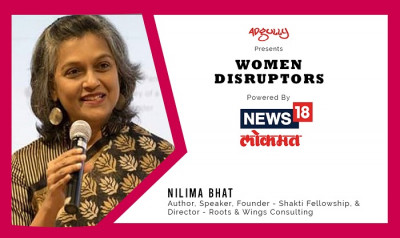
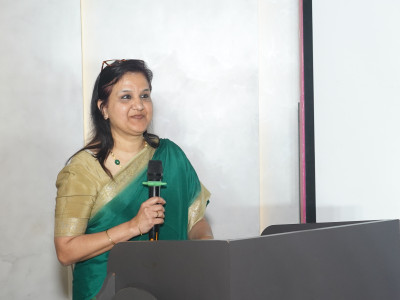



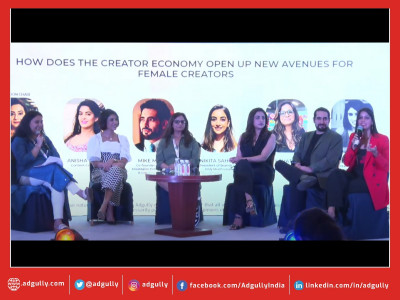

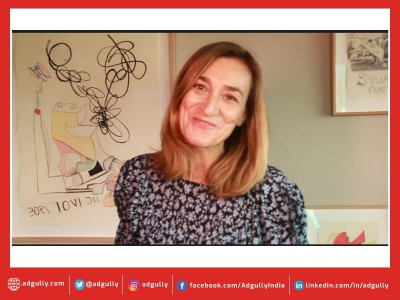
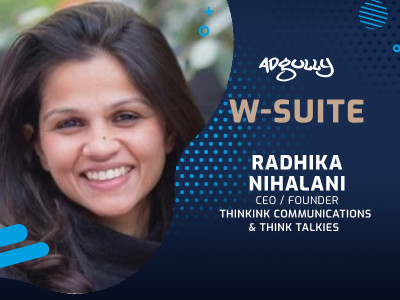
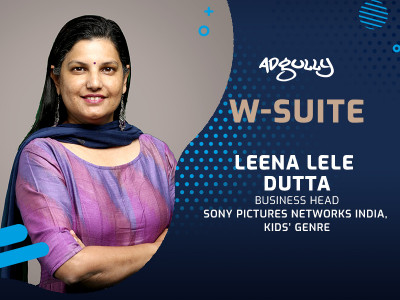
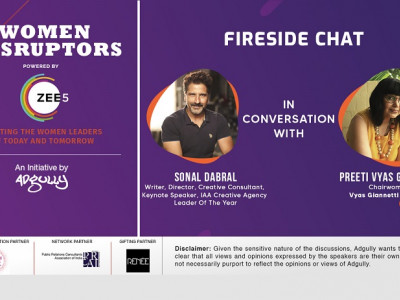
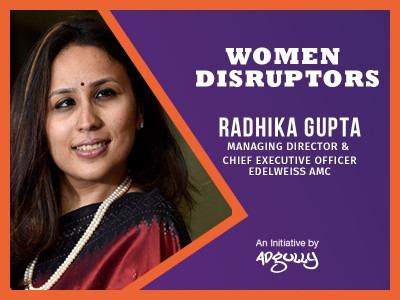



Share
Facebook
YouTube
Tweet
Twitter
LinkedIn